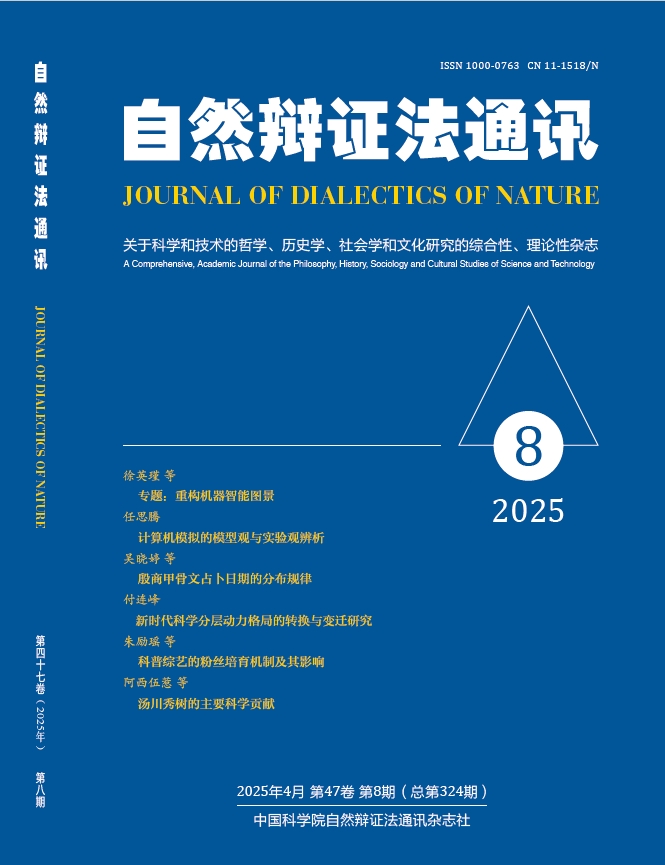

Published Online: 2025.7.10
DOI: 10.15994/j.1000-0763.2025.08.004 CSTR: 32281.14.jdn.2025.08.004
Abstract: From the perspective of intellectual history, logicism, formalism and intuitionism are intricately linked to Kant’s conception of mathematics. A fundamental aspect of Kant’s view of logic is the assertion that the applicability of logic is confined to possible experiences. The acceptance and subsequent critique of this view have catalyzed a significant inquiry into the foundations of mathematics. This paper investigated the impact of Kant’s view of logic on Hilbert’s theory of finite proofs, delineated the similarities and distinctions between Kant’s conception of mathematics and the formalist and platonist interpretations of mathematics, and elucidated that Kant’s logic provides the philosophical framework essential for comprehending Hilbert’s program. Furthermore, it also emphasized that a comprehensive understanding of Gödel’s incompleteness theorem necessitates an adequate grasp of Hilbert’s finite proofs theory. Ultimately, the author illustrated the enduring relevance of Kant’s view of logic in contemporary scientific inquiry, by exemplifing the double-slit experiment in quantum mechanics.
Key Words: Kant; Logic; Formalism; Platonism; Double-Slit experiment
- Contact Us
- Address: No.19A Yuquan Road, Beijing, 100049, China
- Phone: +86-10-88256007
- Email:jdn@ucas.ac.cn




